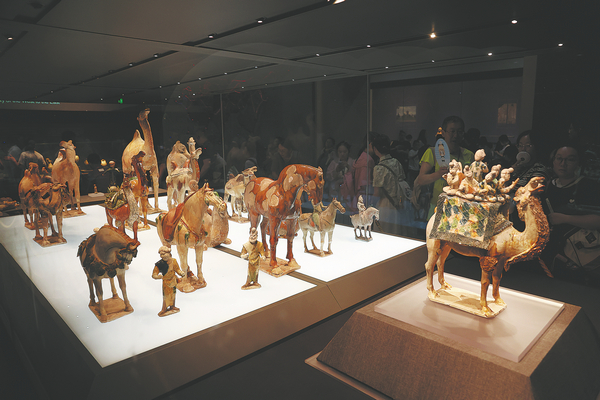

A moderator pointed out that naan was specifically developed for the Silk Road because it doesn't spoil easily, especially in arid climates. So, there were caravans of camels with heaps of naan the size of manhole covers jiggling atop their humps, as they plodded atop desert dunes.
Speaking of grains, Festa points out: "There is also this discussion of a myth between China and Italy on the origin of pasta, whether the pasta really originated from the noodles that Marco Polo brought to Italy," Festa says.
This legend is seemingly disproven.
But the very fact that it's widely believed testifies to the "spirit of the Silk Road", she says.
"It says that we really are like one big community. Our basic needs are the same. And taste could be shared knowledge. The spirit of the Silk Road in the past as well as the present is … appreciation for cultural diversity and knowledge sharing."
This year marks the 700th anniversary of the explorer's death.
"Marco Polo has become my best friend since I moved to China," Festa says, laughing.
"I think that Marco Polo actually represents very well the idea of both the importance of writing but also the importance of people-to-people exchanges.
"Italian kids, even today, learn about China from Marco Polo's book. What I personally do appreciate about the book is not just the content itself but the perspective. Marco Polo went to travel through the Silk Road and reached China with an open mind, with this willingness to learn and to take in and share information."
That said, he couldn't have produced his famous travelogue without technologies disseminated along the Silk Road.